It was in 2010 when Apple introduced the world to the first iPad. But a lot has changed since then, and the original purpose of the tablet seems to have aged like itself, not helped much by the split operating system. iPads are still the best-selling tablets, but people are losing interest in them, and if Apple doesn't step in, things may not go well for them.
When someone says "Apple", it is no longer synonymous with simplicity. Not nowadays. Previously, many customers sought Apple precisely because of the absence of various complications. The company was known for its straightforwardness, whether it was about products or operating systems and their features. But we cannot say that today.
It could be interest you

In the iPad portfolio alone, we have 5 models, where one is still divided into two diagonals and one is perhaps too similar to the other. In the first case, we come across the iPad Pro, in the second, the iPad Air and the 10th generation iPad. Then there is the previous generation and the iPad mini, which, despite its "small" moniker, is more expensive than the larger iPad 10.
It's simply confusing whether focusing on features, size, price. Plus, I don't see why the company can't follow a naming scheme that's similar to the iPhone. So we would have two regular iPad models with different screen sizes and two Pro variants. The 10th generation iPad is definitely not an entry-level model, which remains the 9th generation, which is still expensive for that, as it costs 10 CZK.
It could be interest you
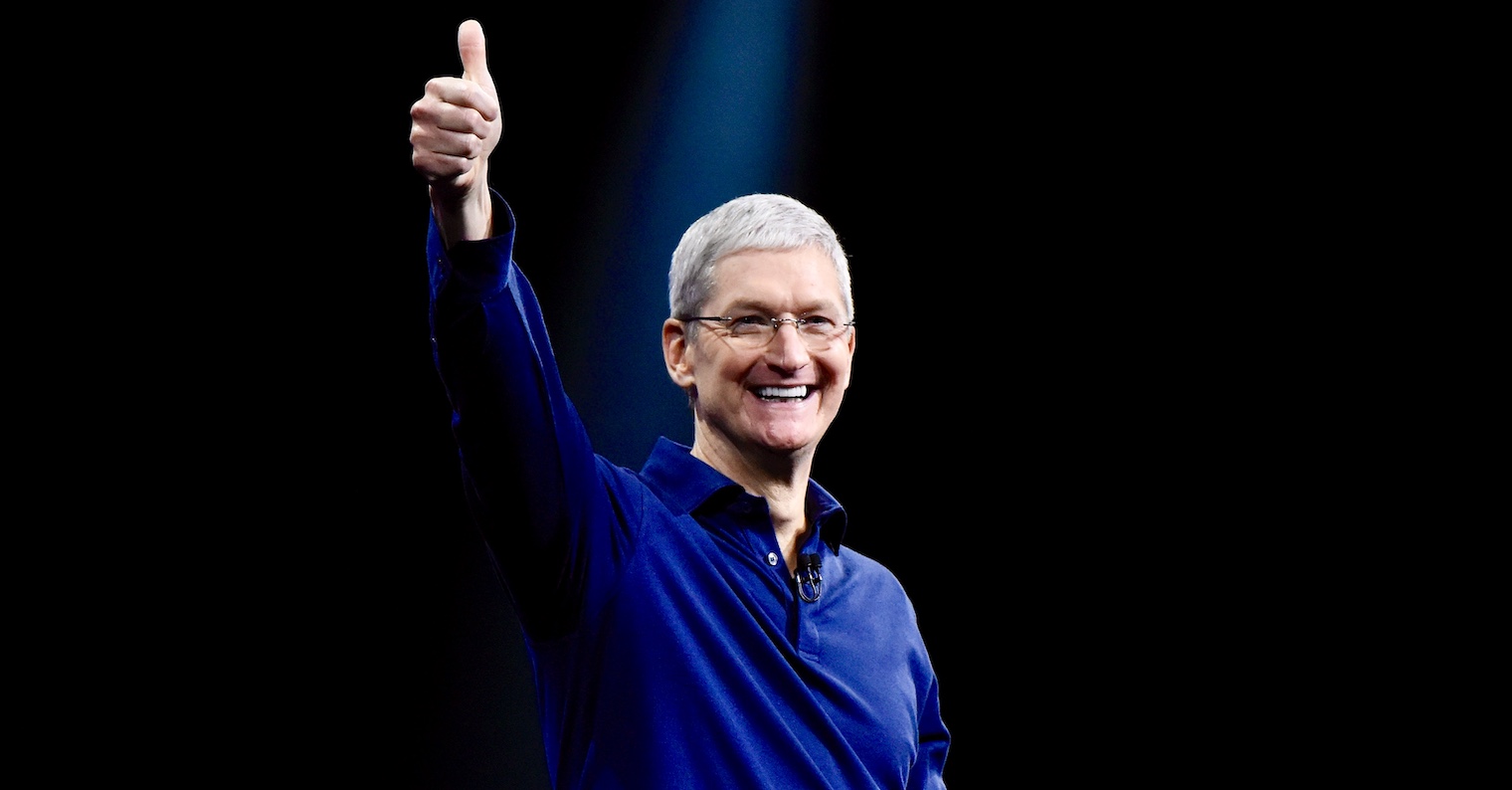
What is the definition of an iPad?
What is an iPad? Apple publicly says it's meant to be a laptop/MacBook replacement. He even went so far as to equip certain models with computer chips, i.e. M1 and M2 chips. But can the iPad really function fully as a replacement for a laptop? Of course, it depends on your specific use, but if you also buy an original Apple keyboard for the iPad, the resulting price will actually be very close to the MacBook, or even exceed its initial price. And here the question arises, why even try?
The M2 MacBook Air starts at CZK 37, the Wi-Fi version of the 12,9" iPad Pro with an M2 chip and 128GB of memory costs CZK 35, with 490GB even CZK 256, and you don't even have the keyboard. I agree that the iPad is an amazing device for many creators, especially in combination with the Apple Pencil. But this is about the masses, and as it seems, the iPad is simply not meant for them. Most people simply don't know what use an iPad would actually be for them, especially if they own a larger iPhone or a MacBook.
The numbers clearly show that there is not too much interest in iPads. Year-on-year, their sales fell by a whopping 13%. There are new models and the Christmas season, but if sales increase, certainly not enough to save the market. So it's a question of where iPads will go next.
What comes next?
Apple has long said it won't unify iPads with Macs, and it's wrong. If the iPad had macOS, it would really be a device that could really, if not replace, at least substitute for a computer. But in that case it will cannibalize their sales. There is also speculation about an even bigger iPad, but it will only be intended for those who are willing to pay for it, so it will not save the market either.
It could be interest you
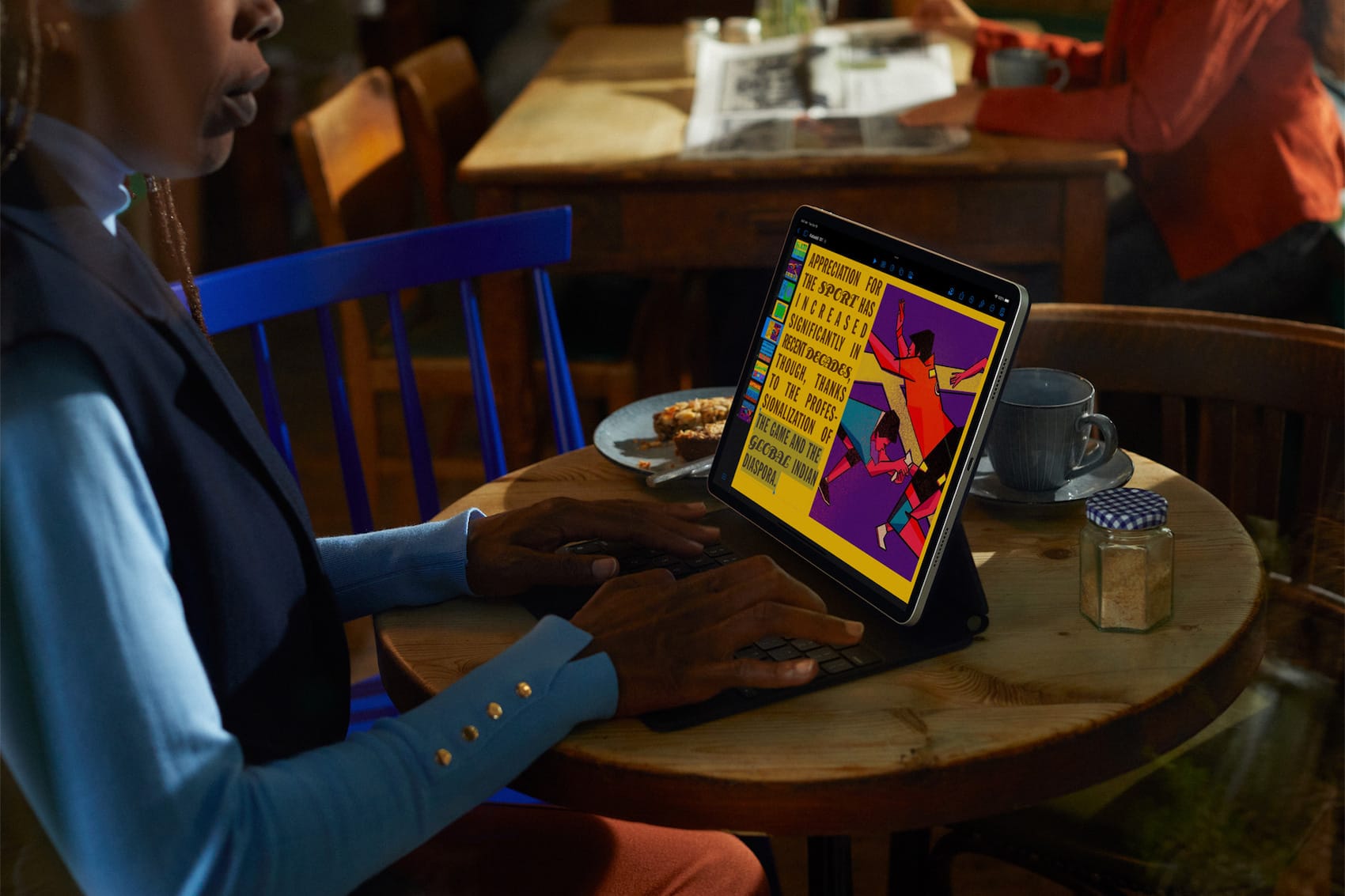
Extending the functionality of the iPad with the possibility of a home station seems to be the most reasonable. Add a dock to it and control your smart home from it. But only the base is enough for this, so Apple could support this idea with some other basic lightweight variant, which would be only plastic and with a price tag of around 8 thousand CZK. Of course, it is not known how it will continue, but what is certain is that with declining interest, sales also decline, and the iPad may sooner or later become unprofitable for Apple and may end it. If not the entire portfolio, then perhaps only a certain branch, i.e. the basic, Air or mini series.
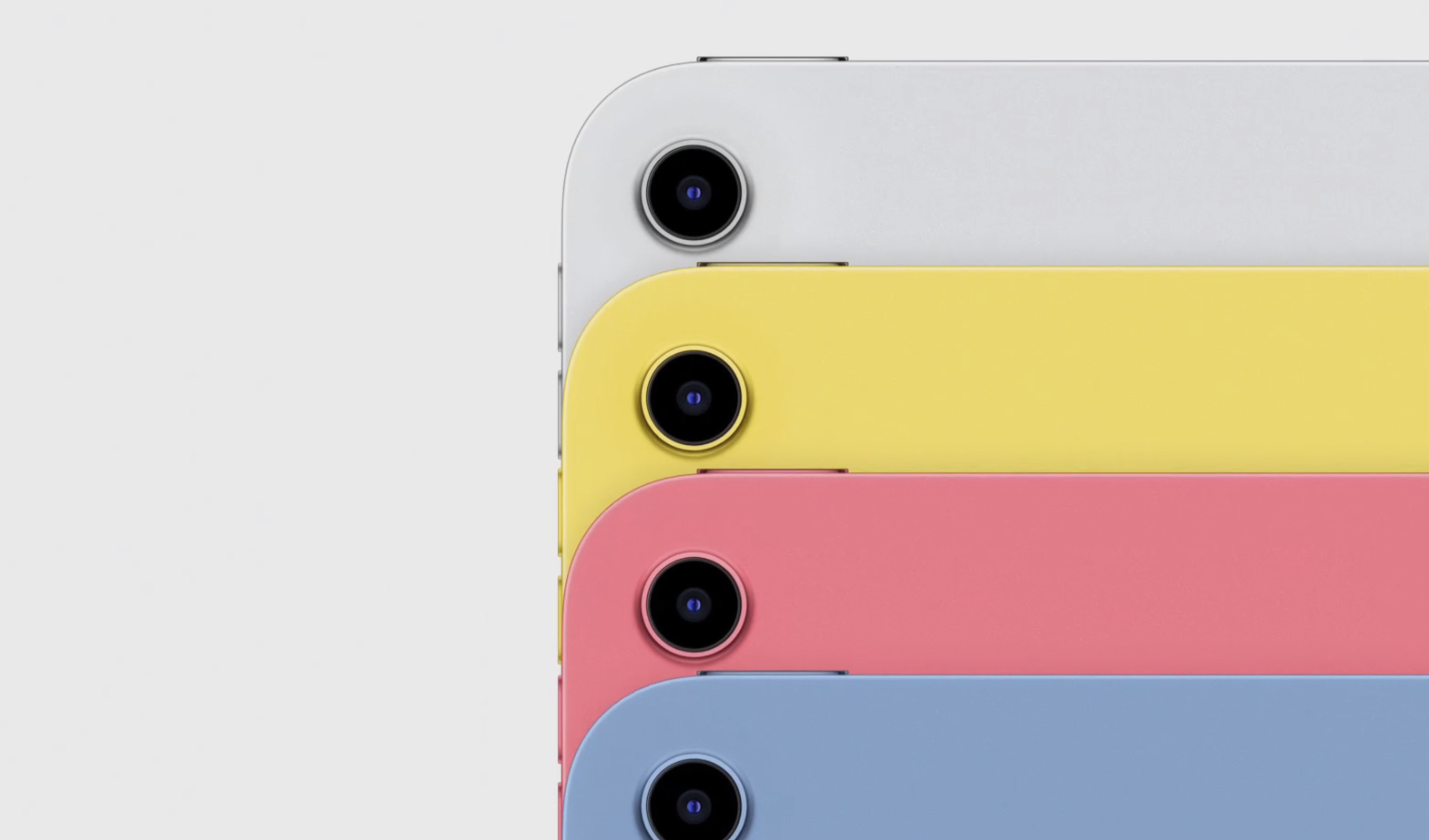
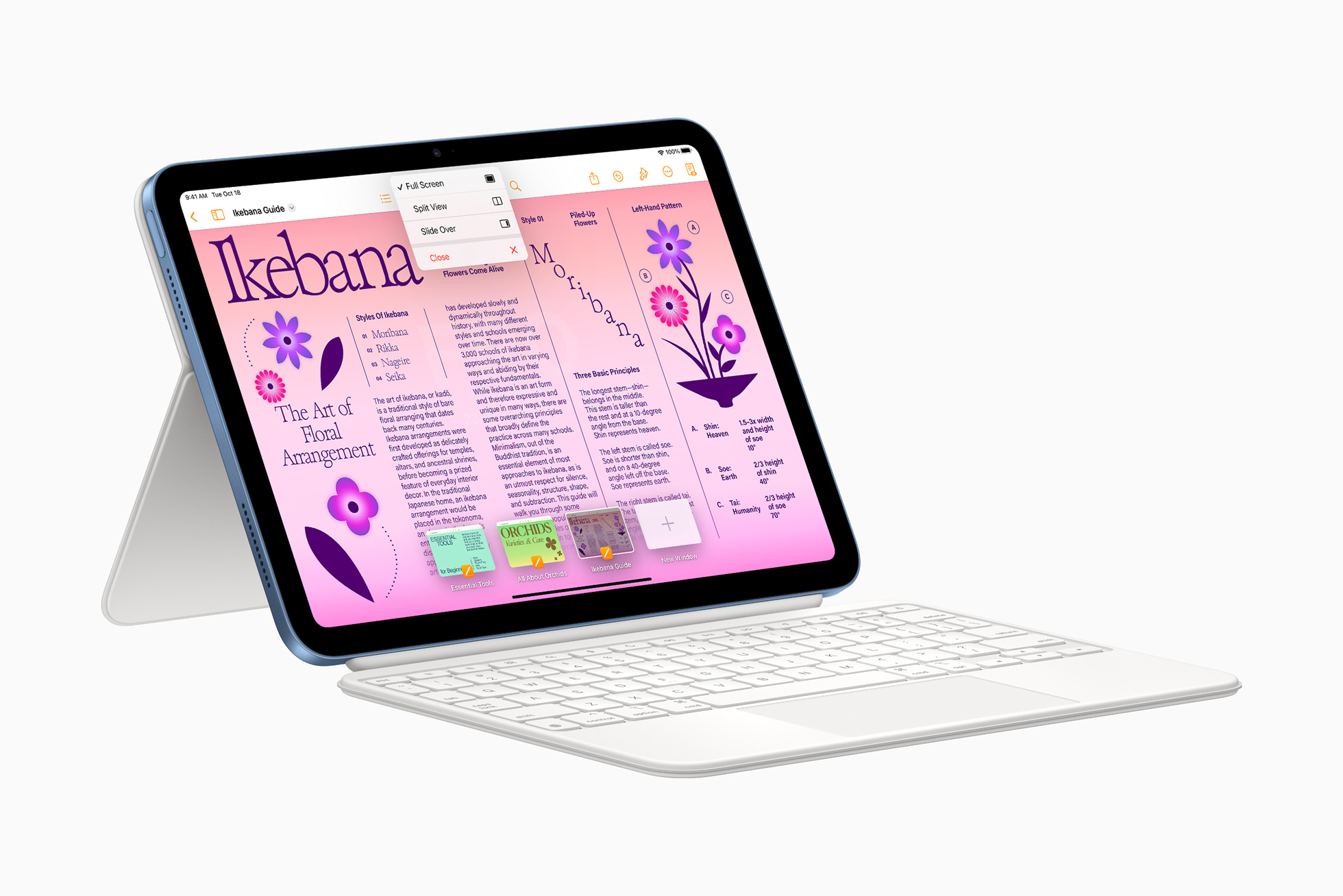

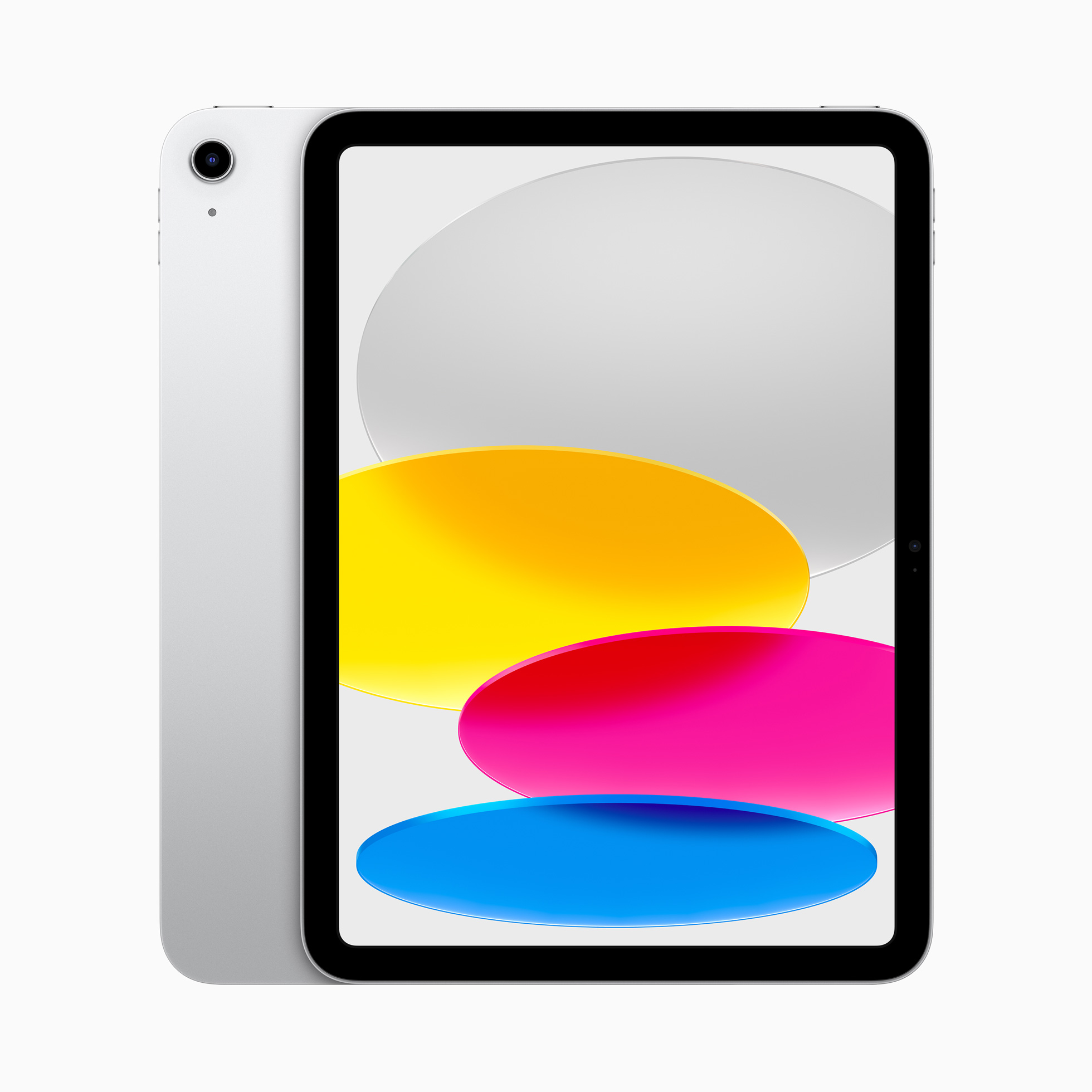
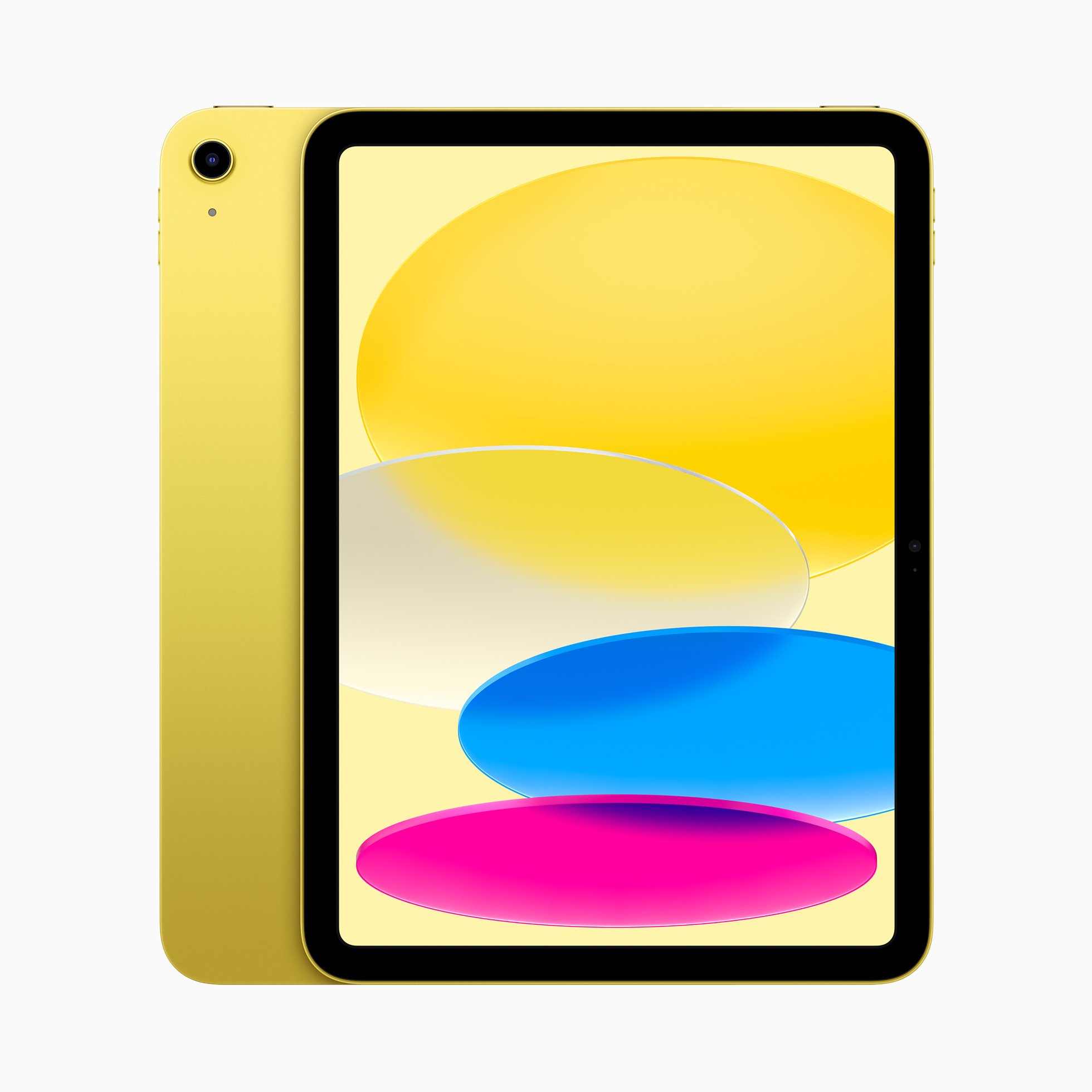
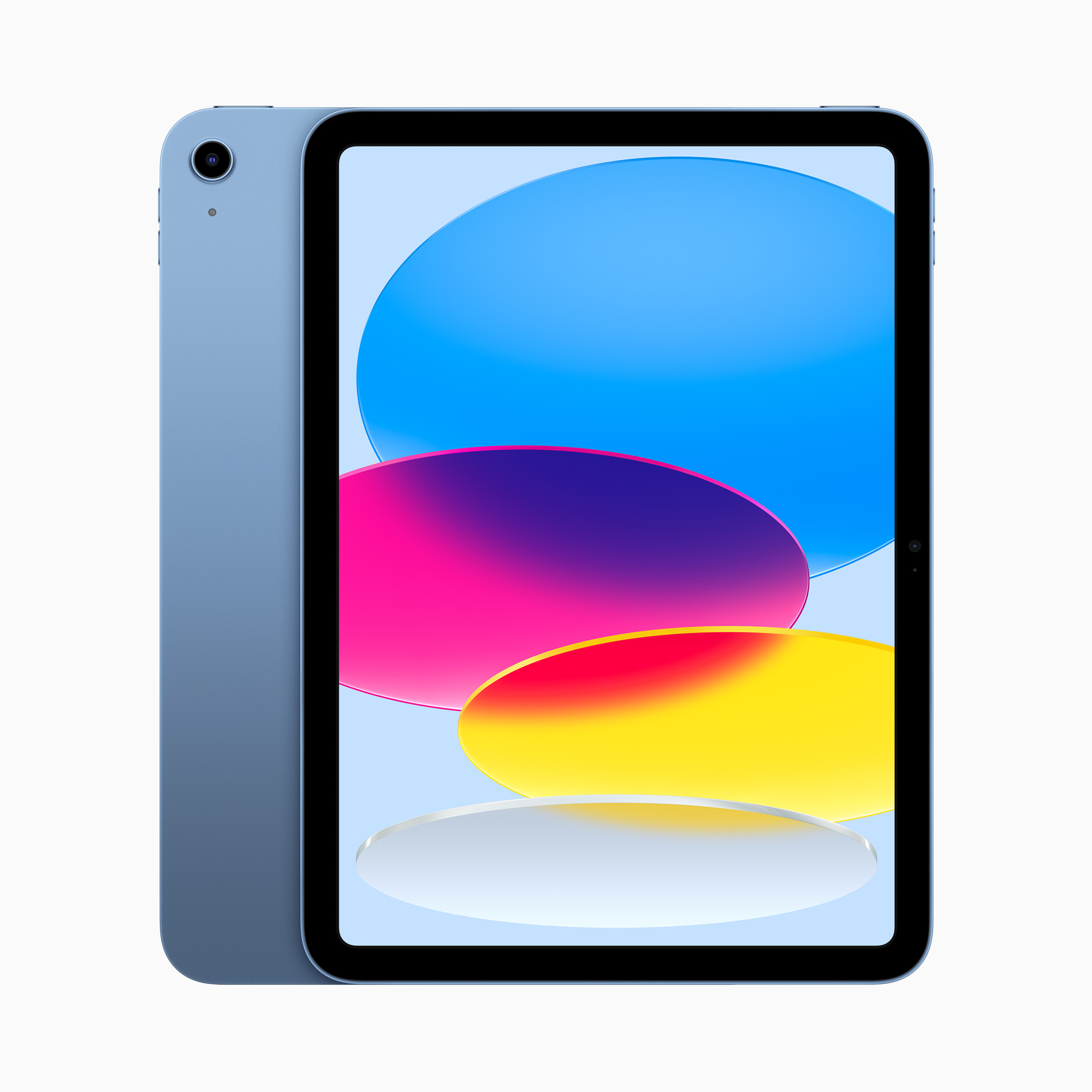
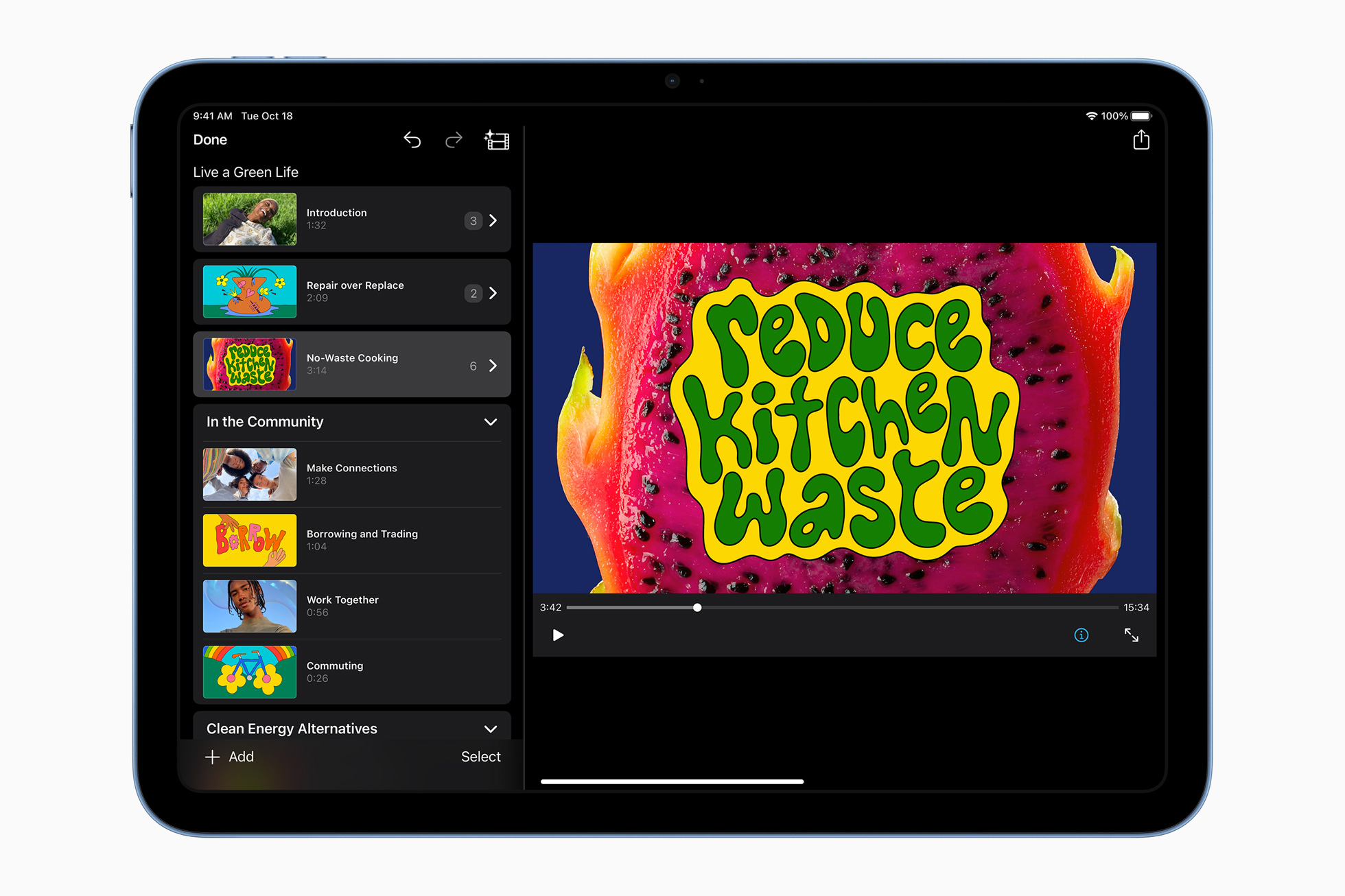
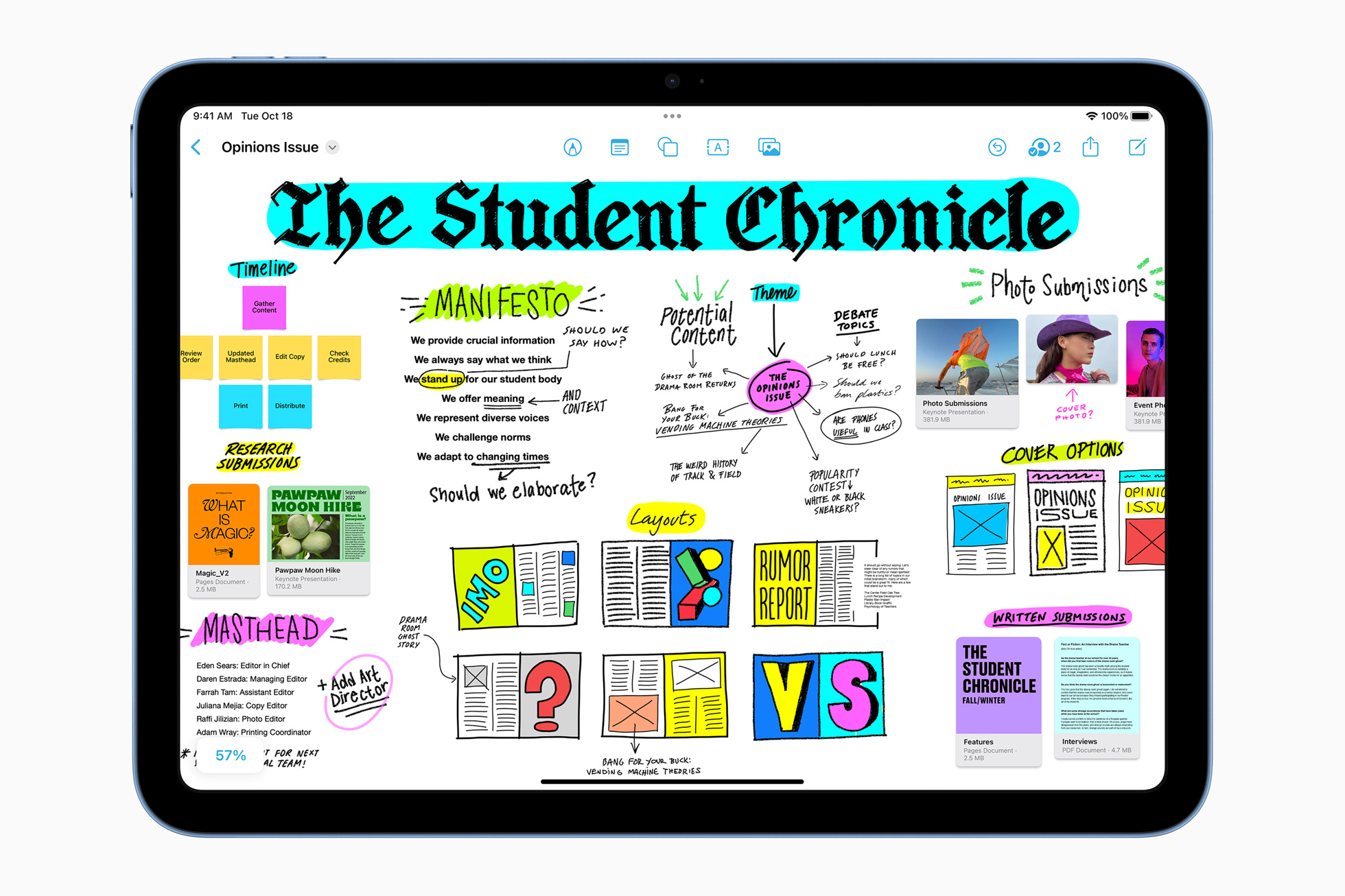
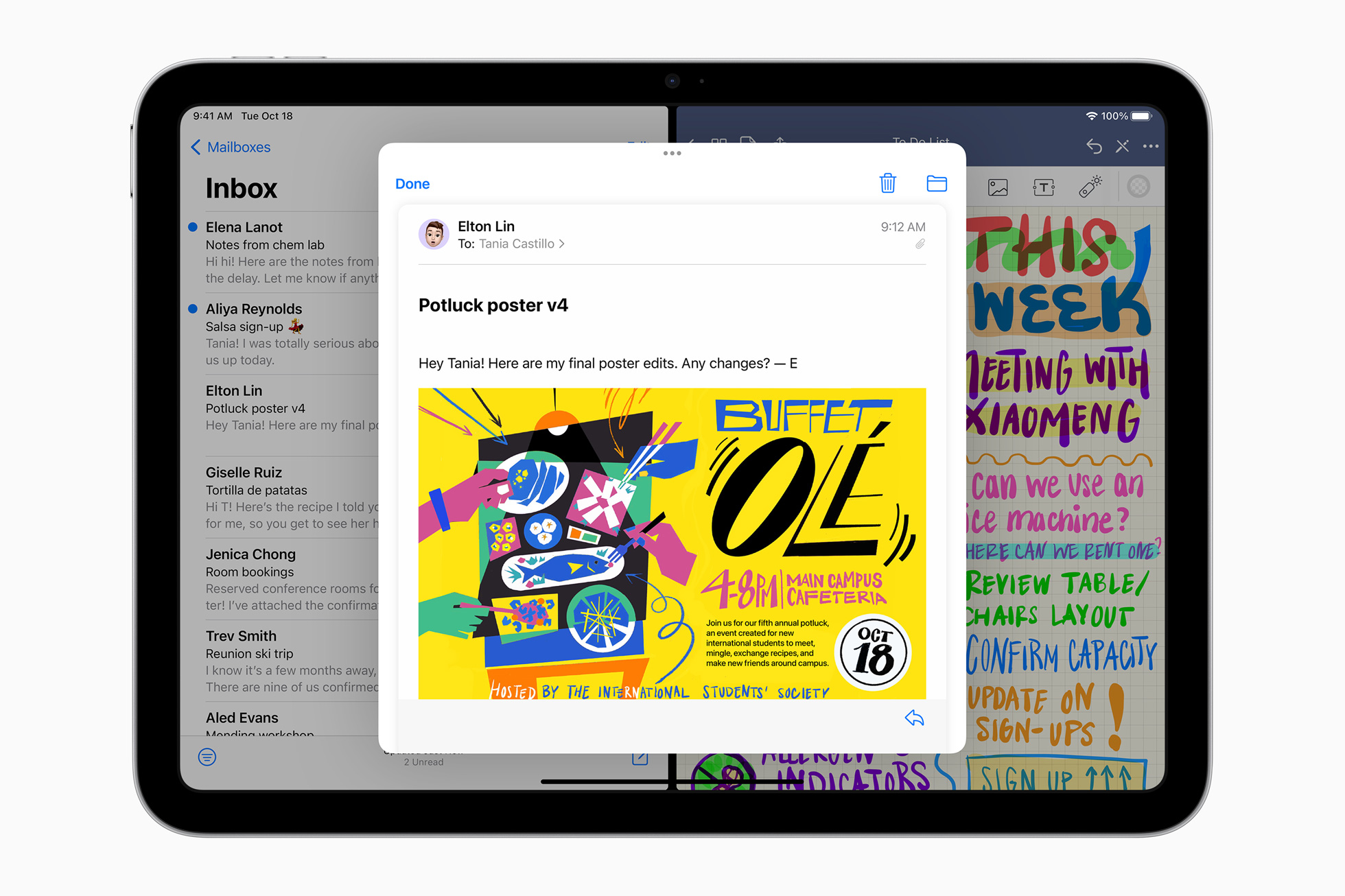
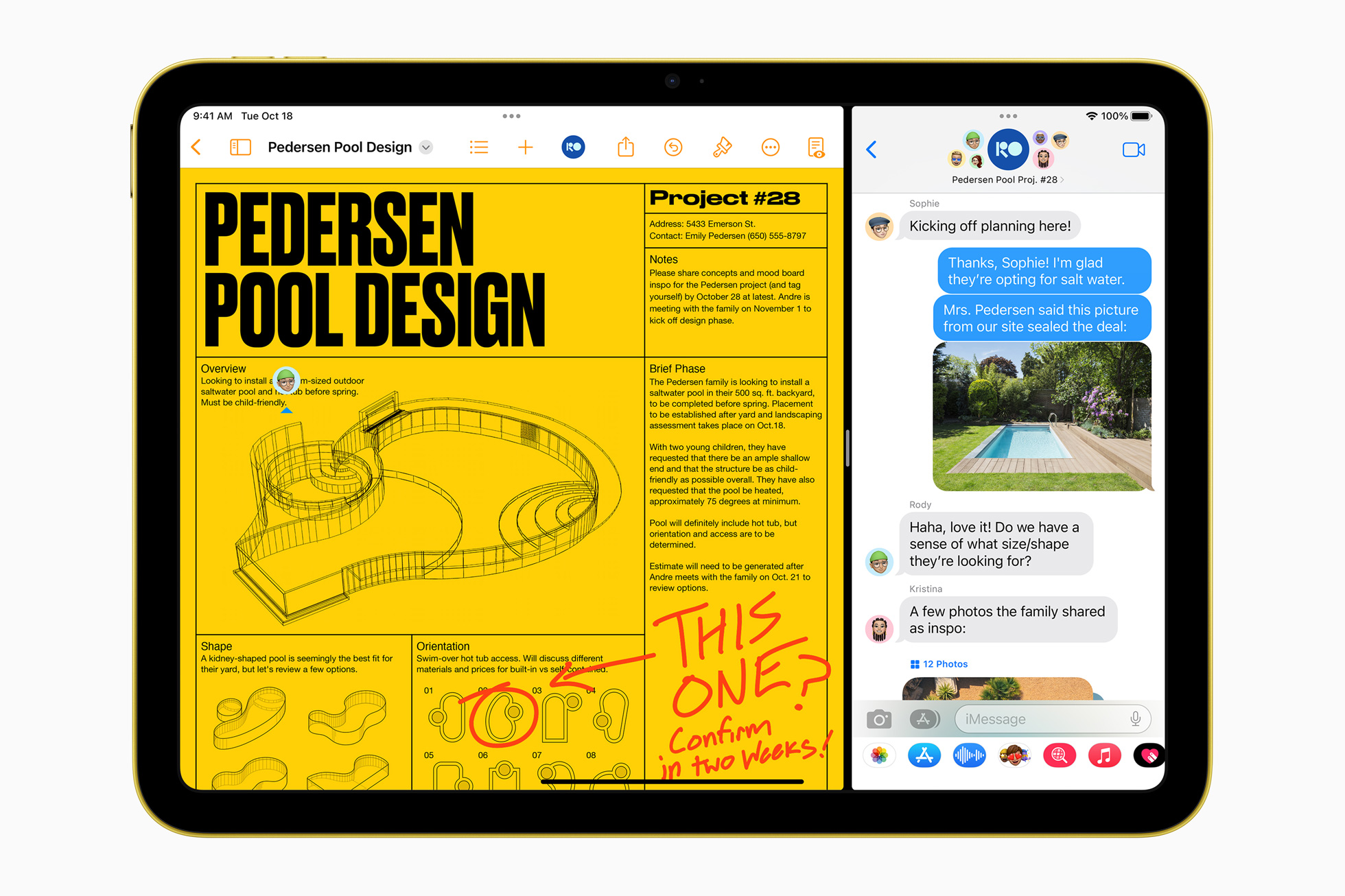

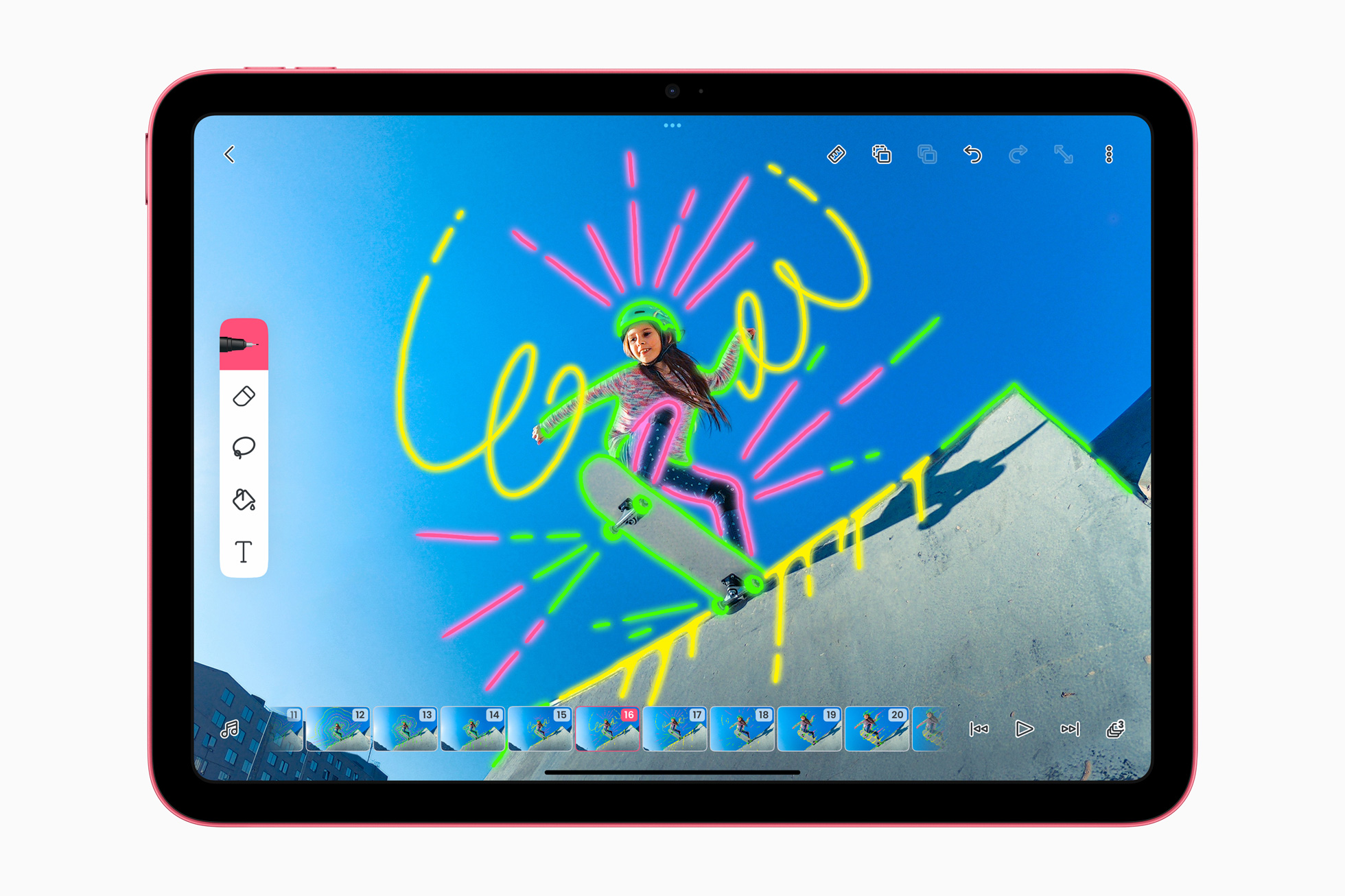
 Adam Kos
Adam Kos 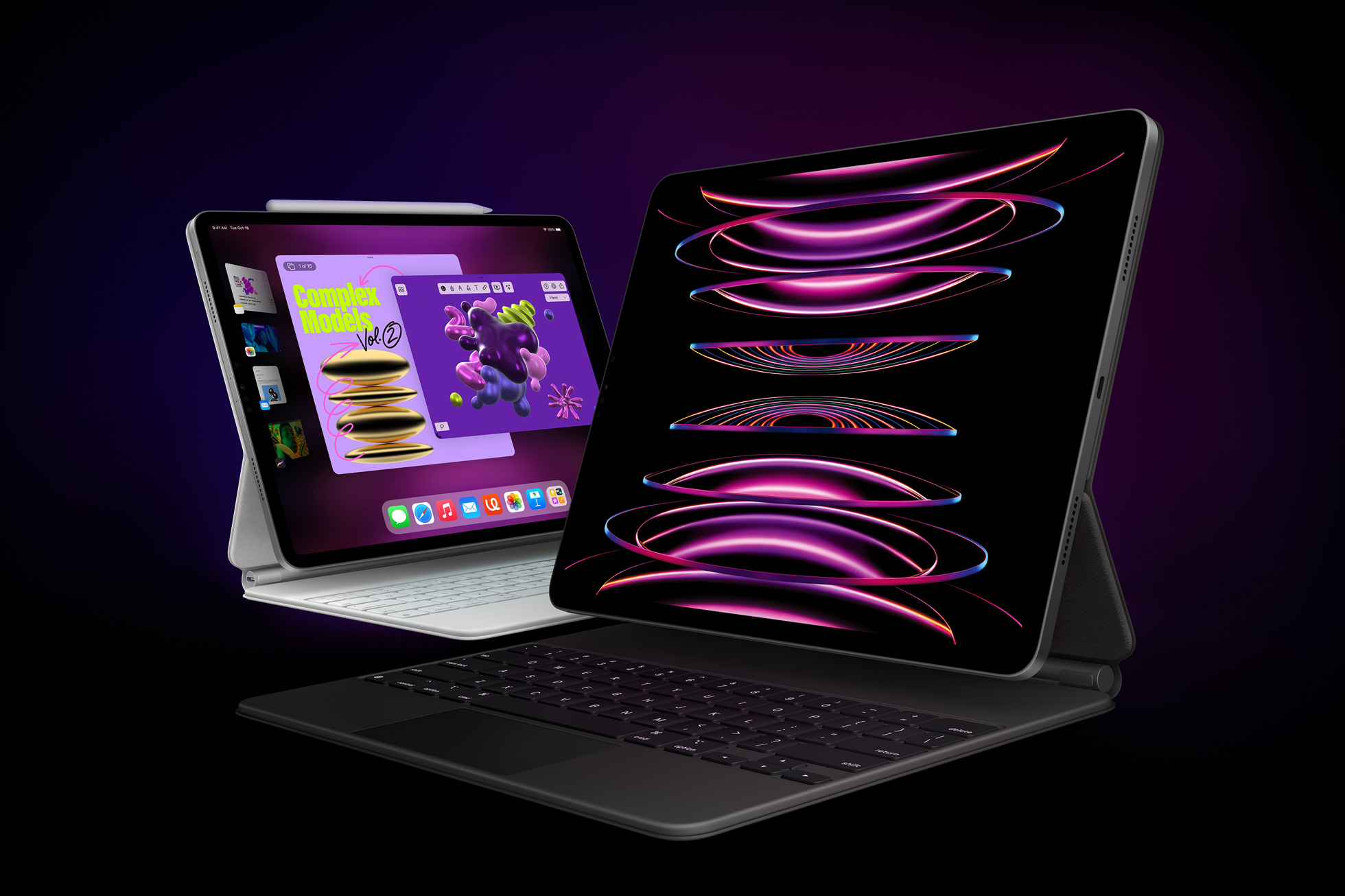
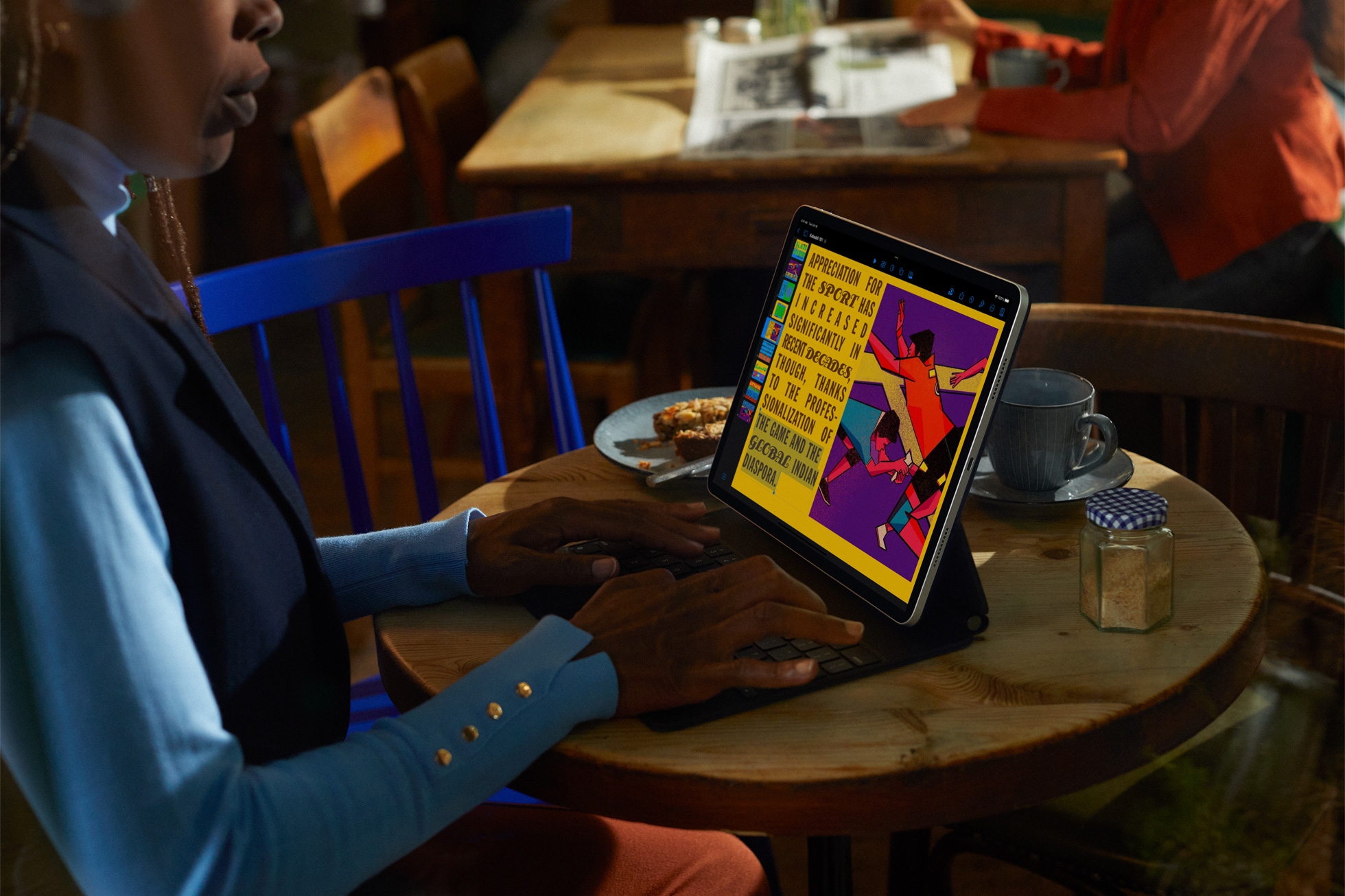

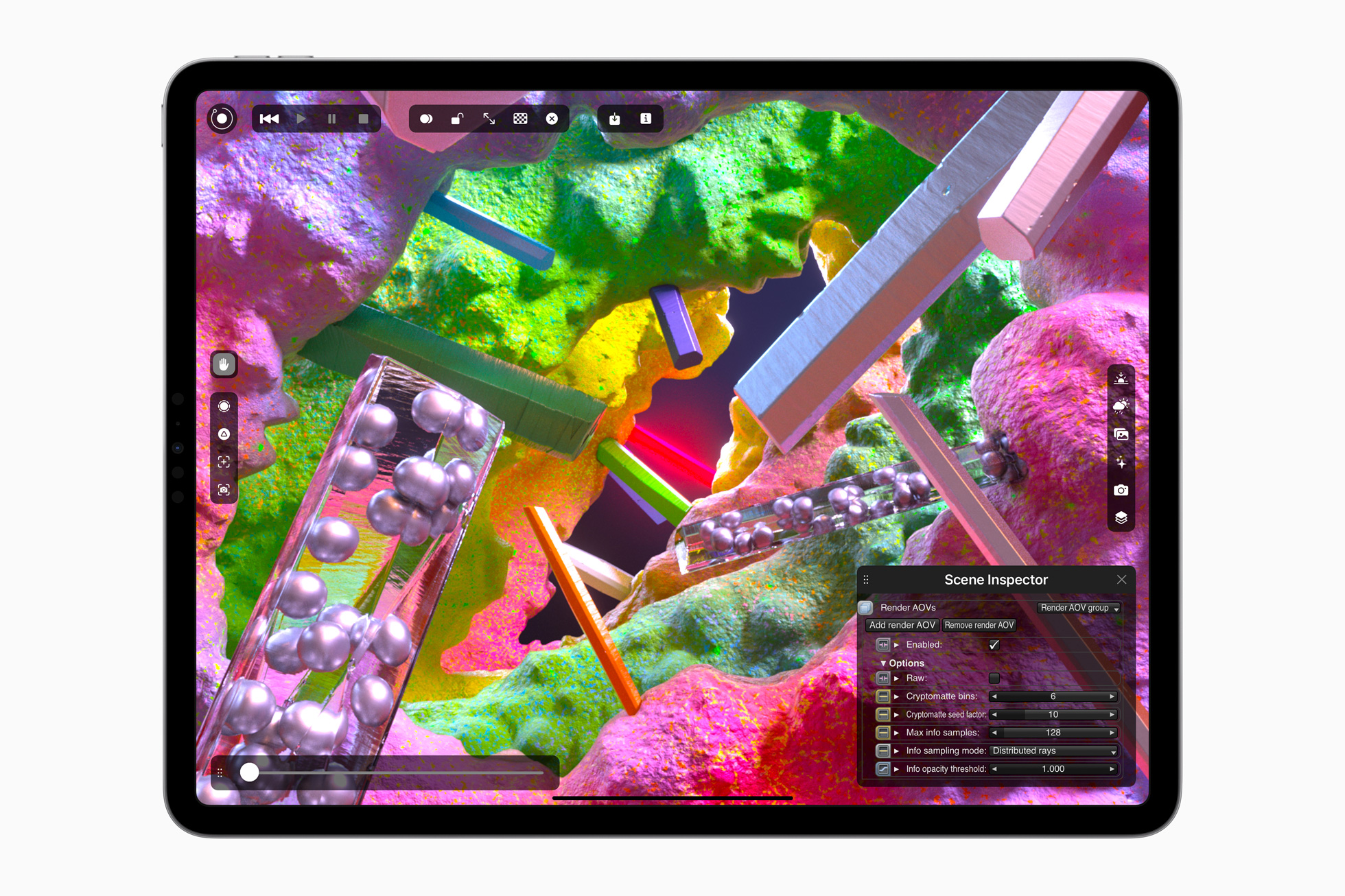
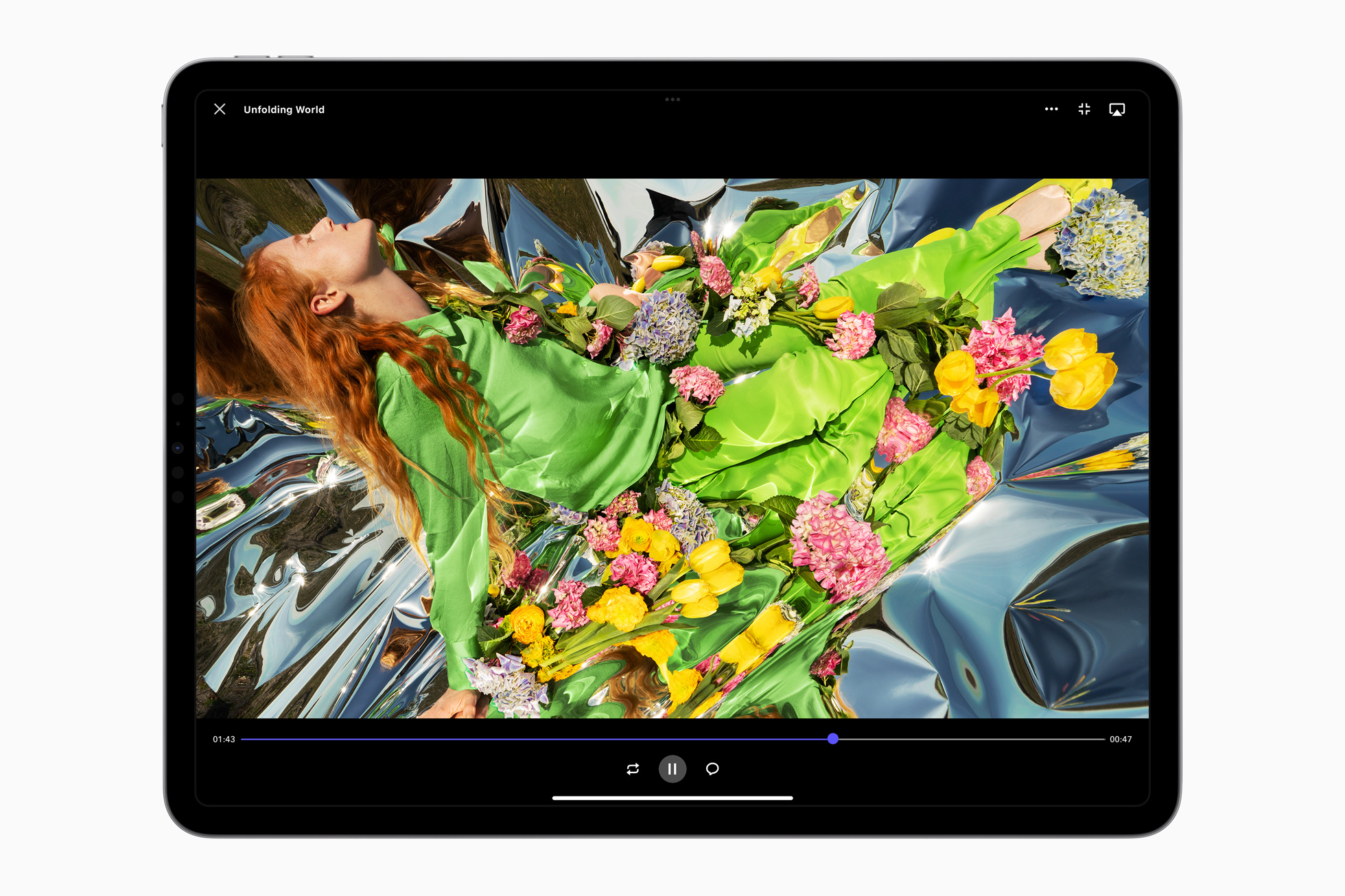

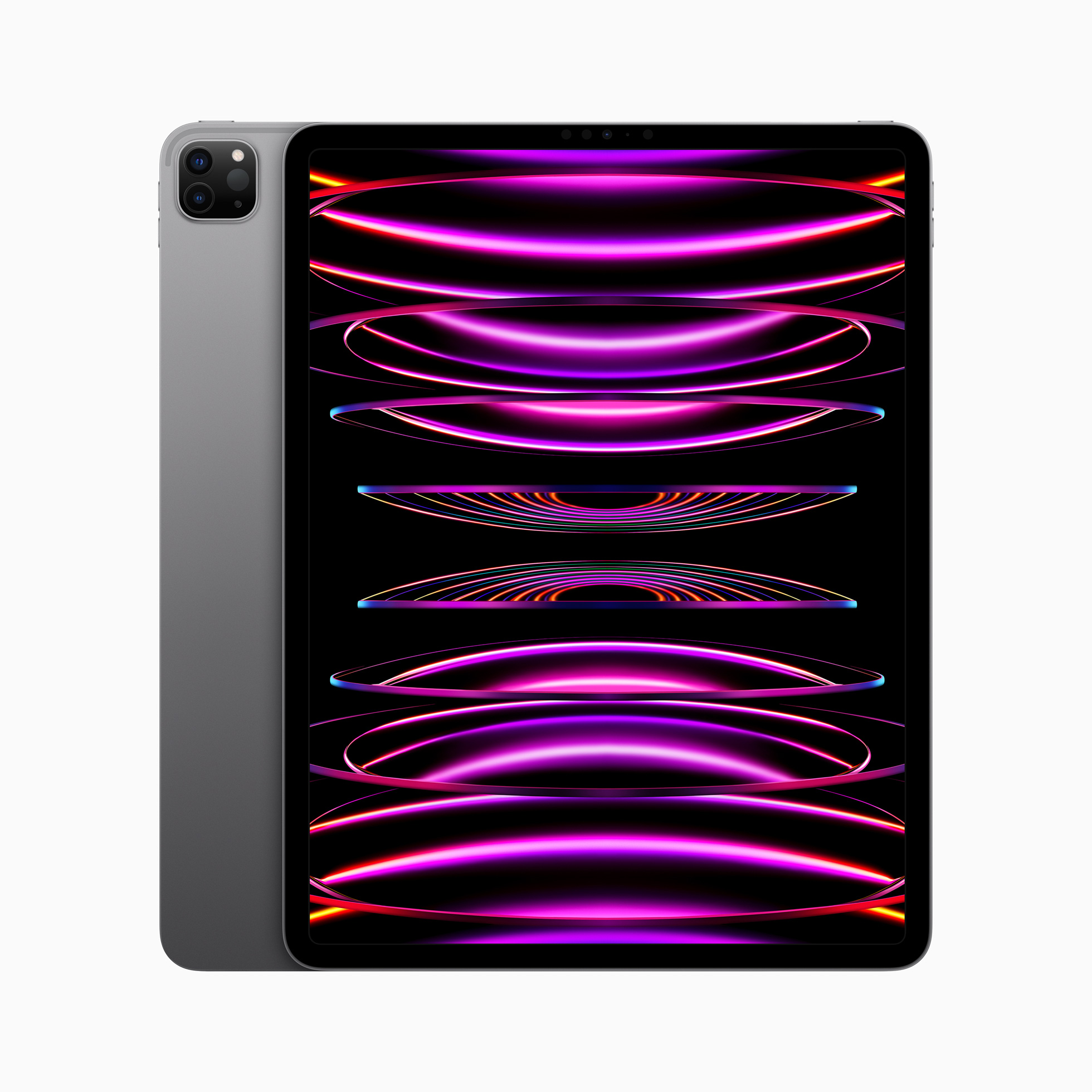
Quite a stupid article. I'm really glad that Apple keeps iPads separate from Macs, it would have been disastrous, similar to Windows. I think the target audience is clear, users who don't want anything complicated and just need to control their device, carry it everywhere and use the features it offers, such as drawing. For professionals there is a mac. What is so difficult to understand? Regarding labeling, this is a long-standing problem across products. Macs, iPhones, Apple Watch, iPads. Almost every group of products has a different designation - Ultra, Pro, Max, Air, SE, Magic, Smart,... Hopefully Apple will unify this in time
Agreement. For example, YTY comparisons are bad everywhere, because due to covid, sales went up, when both people, schools and companies were preparing, for example, who handled the purchase of a large number of webcams, and today these are rotting in warehouses and their sales are going down steeply. For me, the iPad is by far the most used device outside the office, on the road, but also at home, and everyone has it at home. The phone is too small, inconvenient, everything takes longer. The tablet is "always on" as simple as a phone, against ntb, and the screen has reasonable use. In the finale, the children, wife and I have it as the only device that we really have in our hands every day.
The 50 iPad Pro with keyboard is aimed at professionals, so some lightweight form of MacOs is desirable there. It's also true that there are a million iPads with completely meaningless price charts.
I don't even like the current policy, x products, half of them don't even make sense.
iPad Pro 11 inch without XDR? WTF?! iPad 10th with Folio and 256GB for 30K? WTF!? iPad Mini at the price of 10th and almost Air? WTF!?
An iPad Pro and an iPad would do. For each, choose the display size and diagonal. The bigger the diagonal, the bigger the price.
I absolutely understand why sales are down. The design has not changed for x years, the bezels are thicker than Macbook, Air and Pro 11 without XDR, Air even without Pro Motion. Nonsense to buy a touch device without Pro Motion. Then we get to the 11 Pro, but it is without XDR. I just can't choose an iPad because I can clearly see how Apple is screwing people over there.
So, for me, Macbook and iPhone and iPad only at the moment when it makes sense and such a meaningless price list is not set.
I would use the iPad if there was a full-fledged Adobe Premiere Pro. We would probably find more similar examples - Mac software is not fully functional on the iPad. It's a brake for me. It's not possible (???) about the operating system, even on iPadOS, full versions of apps are definitely available. Otherwise, the 12- to 15-inch version of the iPad (if Apple is really thinking about it) would seem to me to be an ideal replacement for a laptop. For the rest of my life, I don't enjoy just banging on keyboards and dragging a heavy "machine" in my backpack.
For those who have elderly parents, I may have the experience that they don't really want a touch phone, but they are willing to accept a tablet in a smaller version and use it for everyday things like browsing the Internet, music, YouTube, etc. This is a repeated experience from my surroundings, not only directly from me. So, the cheaper iPad personally and according to the surroundings, this also has a special use for people in this small sub-segment.
Regarding the frame and design: Let's be aware of how the tablet is held and gripped. I think that a frameless design or a straight frame could be an ergonomic inconvenience. In terms of design, it's probably not possible to come up with a lot of extra things with regard to the use of this type of device.